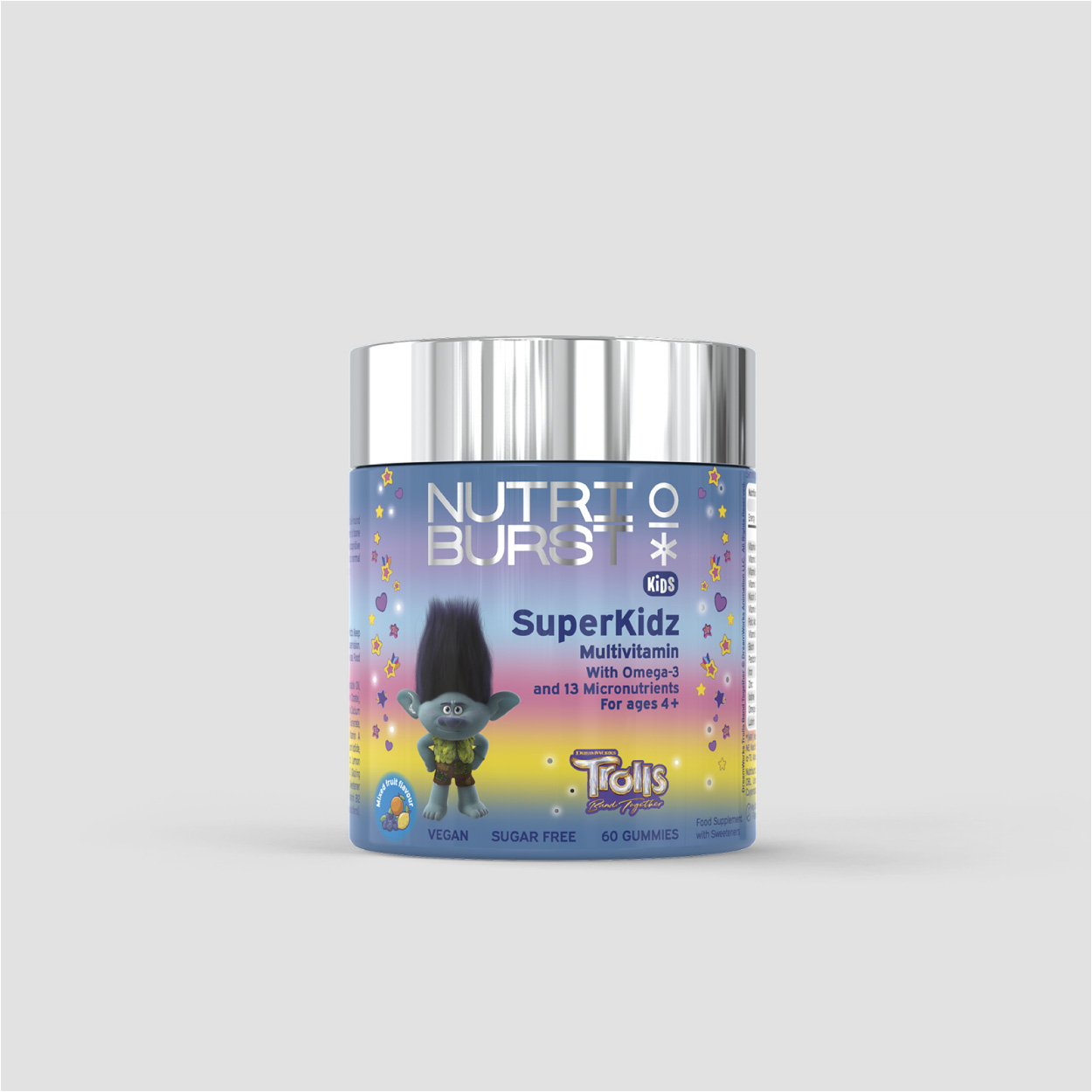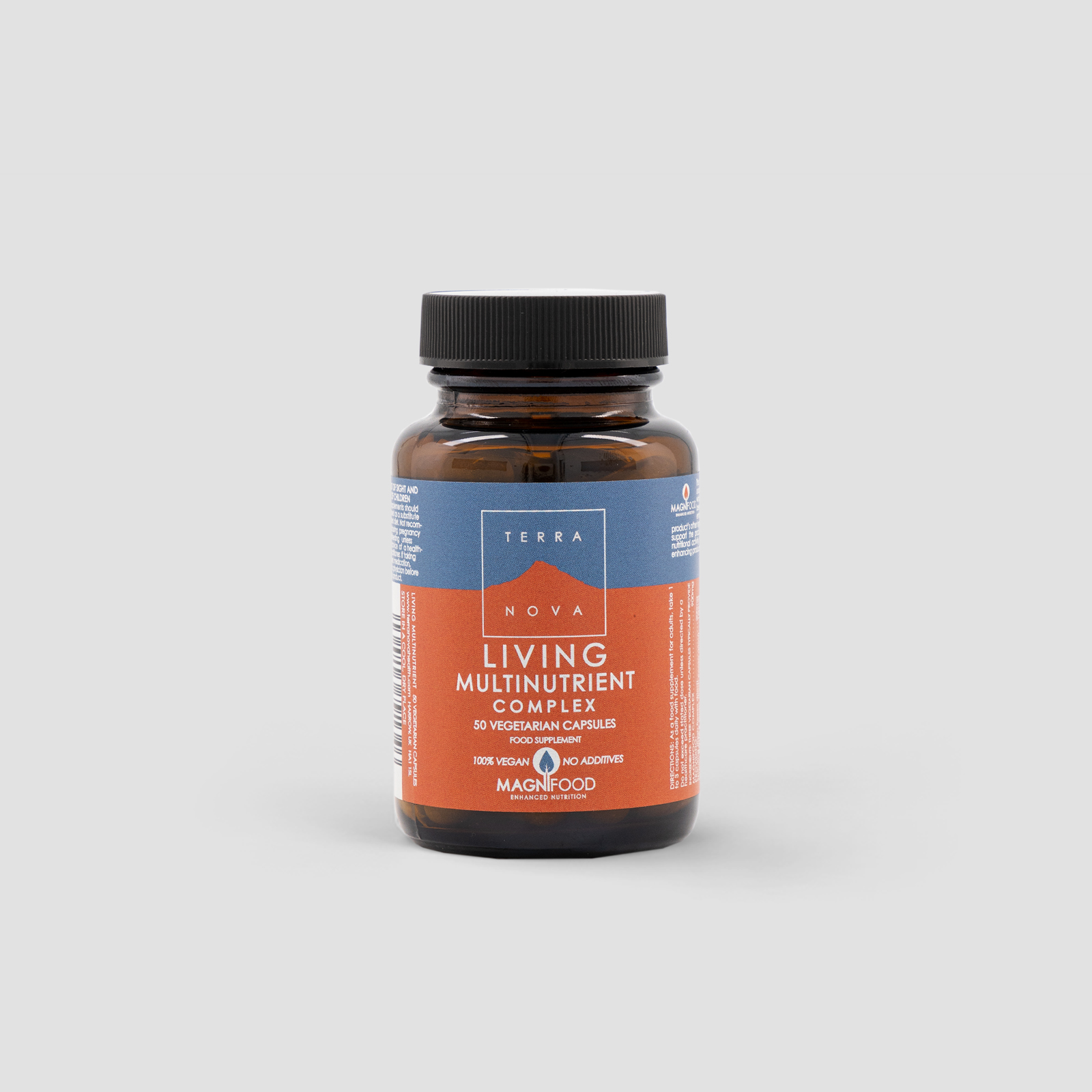Contrary to what you might expect, there’s no standard formulation for multivitamins. Every brand – and often every product within a brand – formulates their supplements differently. That means it’s up to the consumer to make smart choices.
Do You Need a Multivitamin?
Let’s start with the basics. If you’re eating a well-balanced, nutrient-dense diet, you might not need a multivitamin at all. However, certain groups of people may benefit from supplementation, including:
- Women who are pregnant or trying to conceive
- Breastfed infants and toddlers
- Individuals on restrictive diets (vegetarian/vegan) or with poor nutrient absorption
- People recovering from bariatric surgery [2]
If you fall into any of these categories, a high-quality multivitamin might be a useful addition to your health routine. But we recommend always checking with your healthcare practitioner for personalised advice.
What Makes a Good Multivitamin?
Let’s break down what you should look for in a multivitamin that goes beyond the basic capsule:
1. Liposomal Delivery for Better Absorption
The form your multivitamin comes in matters more than you think. Liposomal delivery is a process that uses tiny fat-like particles to encase vitamins, enhancing their absorption and stability in the body. This delivery system allows nutrients to bypass harsh digestive enzymes and be more readily and effectively absorbed into the bloodstream [2].
This is especially beneficial for fat-soluble vitamins like A, D, E, and K, and can be particularly helpful for individuals with digestive issues or nutrient absorption challenges.
2. Active Forms of Vitamins
Not all vitamins are created equal. Some multivitamins include synthetic or inactive forms of nutrients that your body must convert before using. Choosing a multivitamin with active forms of vitamins ensures they’re more bioavailable and easier for your body to absorb and utilise [2].
Look for:
- Methylated B vitamins (e.g., methylcobalamin for B12 and methylfolate for folate, or biofolate for folate and vitamin B12).
- Vitamin D3 (rather than D2, which is less effective)
These forms are closer to the natural nutrients found in food and are absorbed and used more effectively by your body.
3. Additional Antioxidants and Nutrients for Full-Body Support
A well-rounded multivitamin should go beyond just vitamins and minerals. Look for added antioxidants like:
- CoQ10 (Coenzyme Q10) – supports heart health and energy production
4. Balanced Daily Values
A good multivitamin will contain close to 100% of the Daily Value (DV) for most nutrients. But beware of excessively high doses, especially for fat-soluble vitamins that can build up in the body and become toxic.
For example:
- Too much vitamin A – more than 2,800 mcg daily in pregnancy can increase the risk of birth defects [2].
- High beta-carotene intake (>20 mg/day) may increase lung cancer risk in smokers or former smokers [2].
Conversely, nutrients like calcium, magnesium, and potassium are often present in lower doses due to pill size limitations or risk of drug interactions. These should ideally come from your diet [2].
5. Tailored Formulations for Age, Sex, and Life Stage
Your nutrient needs change over time, so your multivitamin should reflect that. Multivitamins for men typically have less iron, while women’s formulas often include more iron and folate to account for the menstrual cycle and pregnancy.
Seniors may need extra vitamin D, B12, and calcium but less iron [2]. Prenatal multivitamins, for example, contain higher iron levels, folic acid (often in the form of methylfolate), and vitamin A from beta-carotene rather than retinol. Children’s multivitamins usually contain smaller amounts of nutrients to suit their lower daily needs [2].
6. Essential Micronutrients
A complete multivitamin should include core vitamins and minerals such as:
- Vitamin A (as beta-carotene), C, D3, and K
- Thiamine (B1), Riboflavin (B2), Niacin (B3), Pyridoxine (B6), Methylcobalamin (B12), and Folate (B9)
- Calcium, zinc, manganese, and selenium [2]
Avoid products that include trace elements like boron, tin, or nickel unless recommended by a health professional, as there’s no established daily value for these [2].
When and How to Take Your Multivitamin
There’s no perfect time of day to take a multivitamin but taking it with food is generally recommended. It helps reduce potential stomach upset and improves nutrient absorption, especially for fat-soluble vitamins [2].
Some key timing considerations:
- Avoid taking iron and calcium together – they compete for absorption
- If you take thyroid medication (like Synthroid, Eltroxin, Euthyrox or similar), take it at least four hours apart from your multivitamin [2]
Multivitamins Are Supplements – Not Replacements
Micronutrients like iron, vitamin D, potassium, and zinc are essential for metabolism, immune health, and overall body function. Both deficiency and excess can negatively impact health. Ideally, needs should be met through a varied diet, with supplementation recommended only for those with confirmed deficiencies or higher needs (e.g. during pregnancy or in older adults). Identifying and addressing inadequate intakes – not just clinical deficiencies – is vital for preventing long-term health issues [3].
Common Nutrient Deficiencies Include:
- Vitamin D: Commonly deficient worldwide; linked to bone health, immunity, and chronic disease risk. Deficiency may cause bone pain and weakness [3].
- Folate (B9): Important for red blood cell production and foetal development. Deficiency can cause anaemia and neural tube defects in pregnancy. Supplementation is recommended for women of childbearing age [3].
- Vitamin B12: Deficiency can cause anaemia and neurological issues, especially in vegans, the elderly, and those with absorption disorders [3].
- Calcium: Inadequate intake is common and affects bone health and cardiovascular risk [3].
- Iron: The most common global deficiency; impairs oxygen transport and immunity. Leads to fatigue and anaemia, especially in women and children [3].
- Potassium: Often under-consumed; important for blood pressure and heart health. Low intake is linked to higher cardiovascular risk [3].
- Zinc: Deficiency affects immunity, wound healing, and skin health. More common in older adults with chronic illness and low-protein diets [3].
When choosing a multivitamin, look for options with liposomal delivery, active vitamin forms, balanced daily values, and added antioxidants for a well-rounded approach. And most importantly, choose a formula that matches your age, gender, and life stage.
Whether you have nutrient deficiencies, are supporting energy and immunity, or preparing for pregnancy, a targeted formula ensures you’re getting the right nutrients in the right amounts to support your body exactly where it is.
As always, consult with your healthcare provider or dietitian before starting any supplement regimen – especially if you’re pregnant, taking medication, or managing a chronic health condition.




